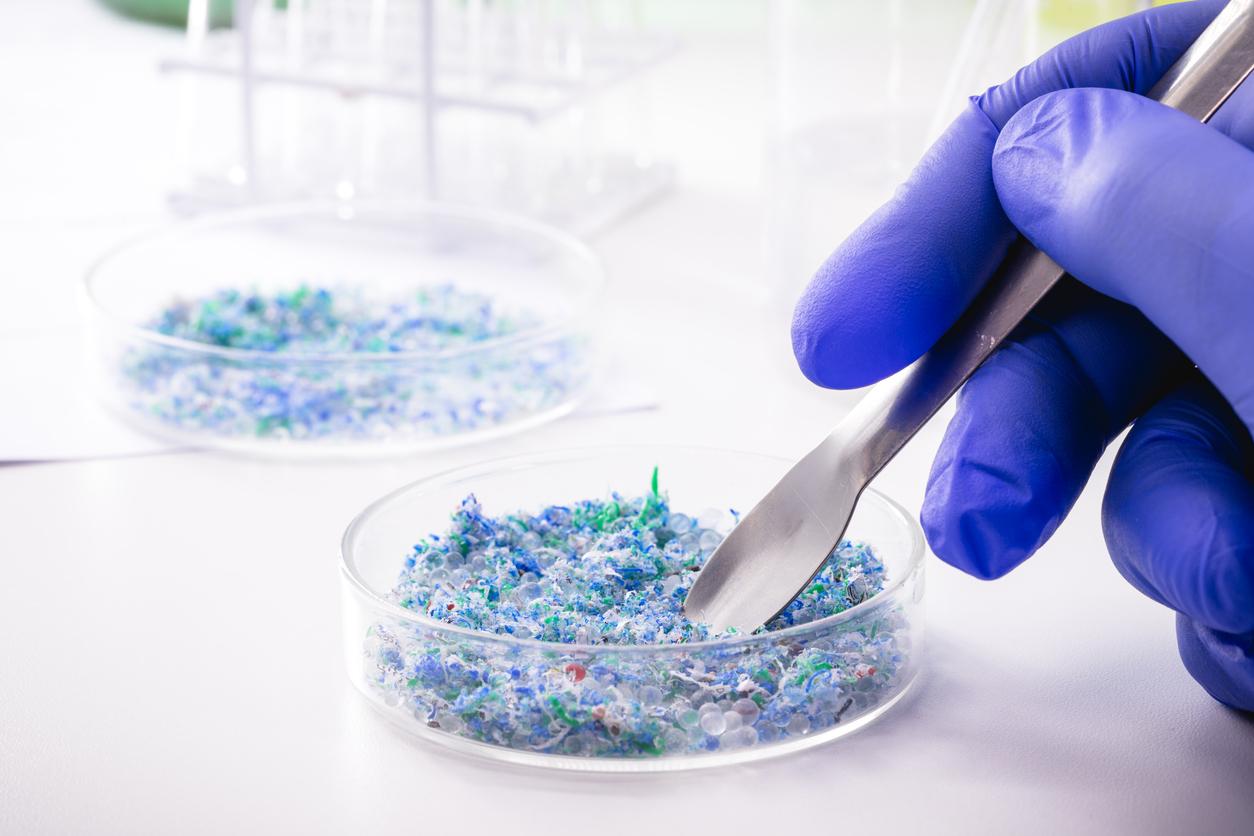Atherosclerosis is a disease of the cardiovascular system characterized by the deposition of a plaque mainly composed of lipids (we speak of atheroma) on the inner wall arteries. If some of these plaques are stable, others erode or crack and the consequences are then dramatic for the patient: myocardial infarction or stroke (Stroke).
Scientists know that atherosclerotic plaques develop mainly in specific areas of the circulatory system characterized by the weak frictional forces exerted by the circulating blood. Conversely, arterial areas exposed to greater friction are protected from atherosclerosis. But the protective mechanisms against friction were still poorly understood.
A study Inserm researchers have just filled this gap in the understanding of atherosclerosis.
Towards a preventive treatment for atherosclerosis
This study shows the key role of endothelial autophagy, i.e. the ability of cells lining the inner face of arteries to degrade and recycle their own components to cope with stress or a lack of nutrients.
The team of researchers observed that the friction exerted by the blood powerfully stimulates autophagy on the surface of the arterial wall, which prevents the development of atherosclerosis.
This work provides a better understanding of the initial stages of plaque development and paves the way for preventive treatment.
Read also :
Atherosclerosis: collard greens and spinach can help
Tobacco attacks the protective gene of the arteries
















